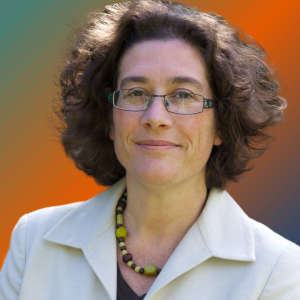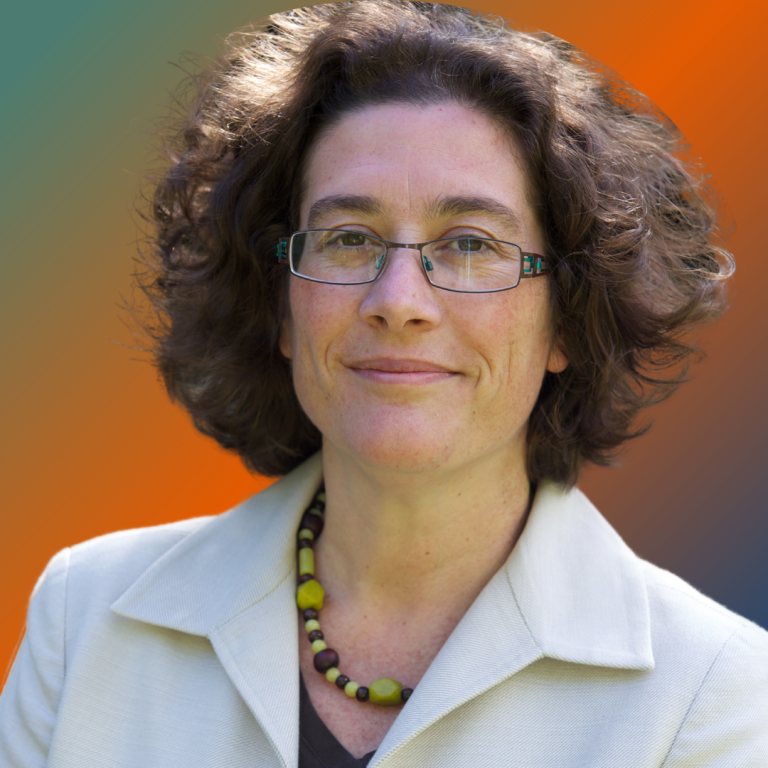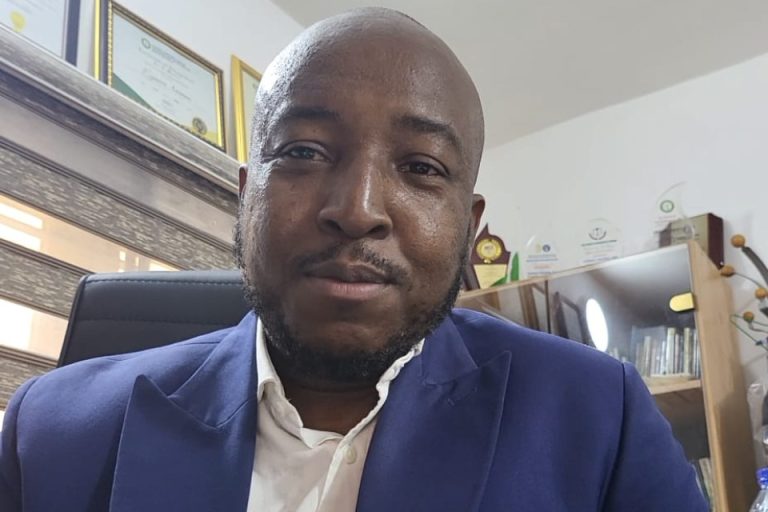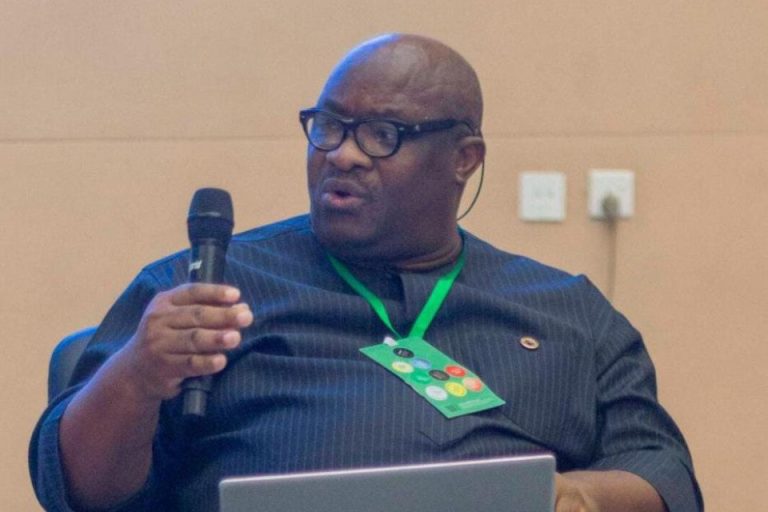
The Information for All Programme (IFAP), the unique UNESCO intergovernmental programme that supports Member States in fostering equitable societies through promoting universal access to information and knowledge for sustainable development, has urged the adoption and execution of inclusive strategies to address and close the Digital Gender Divide, to ensure that no one is left behind.
IFAP made the call during a webinar on Gender Transformative Policy to Advance Digital Inclusion, convened on April 26, 2024, in collaboration with the Global Digital Inclusion Partnership (GDIP). The event was attended by 100 experts and stakeholders from 44 countries and concluded with a strong call to action for policymakers and the ICT sector to adopt and enforce comprehensive, gender-inclusive policies.
The COVID-19 pandemic revealed that digital disparities are more likely to leave women at risk of disconnection. The lack of digital connectivity for women exacerbates existing inequalities and restricts access to crucial digital resources. Ms. Onica Makwakwa, Executive Director of the Global Digital Inclusion Partnership (GDIP), highlights this challenge in the report “Connected Resilience: Gendered Experiences of Meaningful Connectivity through a Global Pandemic.”
The Global Digital Inclusion Partnership (GDIP) conducted a survey involving over 6,000 women in India, Mozambique, Nigeria, and the Philippines through which it found that the digital divide significantly impacts women and underscores the need for meaningful connectivity by enhancing affordable access, high-speed internet, suitable devices, and daily usage in a supportive environment.
Ms. Ingrid Brudvig, Senior Research Manager at GDIP, stressed that targeted digital policies play a key role in bridging inequalities. Based on examples from the Dominican Republic and Uganda, subsidy programmes and data-loaded devices significantly improved women’s economic and educational opportunities.
Ms. Sonia Jorge, Executive Director of GDIP and Member of the IGF Dynamic Coalition on Measuring Digital Inclusion, called on policymakers and the Information and Communication Technology sector to support initiatives such as community-based tech hubs. According to her, these hubs provide digital opportunities that empower women and girls, enhance digital literacy, and foster supportive networks. This is exemplified by the IFAP-funded project, “Promoting Information Literacy in the Digital Environment among Women in Georgia,” which has significantly contributed to ongoing education and empowerment in local communities.
“The impact of this project has been amplified by a number of the university’s follow-up actions in promoting women’s empowerment, digital and information literacy, and AI education in the country,” said Mariam Keburia, Consultant at the Business and Technology University in Georgia.
To measure the impact of projects and strategies, Mr. Cordel Green, Executive Director of the Broadcasting Commission (Jamaica), advocated for implementing mandatory gender audits, accompanied by gender-inclusive digital policies and regulatory frameworks, as well as enhancing digital literacy efforts. Mr. Pablo Medina Jiménez, Chair of the IFAP Intergovernmental Council, added his voice for a strong call to equip women and girls with the necessary tools and skills in a digitized world.
“With gender equality mainstreamed in its Strategic Plan 2023-2029, IFAP aims to bridge digital divides globally with a special focus on overcoming gender disparities in the digital age,” said Pablo Medina Jiménez, Chair of the IFAP Intergovernmental Council.
Moreover, as revealed by the recent UNESCO report “Challenging Systematic Prejudices: An Investigation into Bias Against Women and Girls in Large Language Models,” in the vast digital landscape, even slight gender biases in Large Language Models (LLMs) can significantly amplify gender discrimination.





